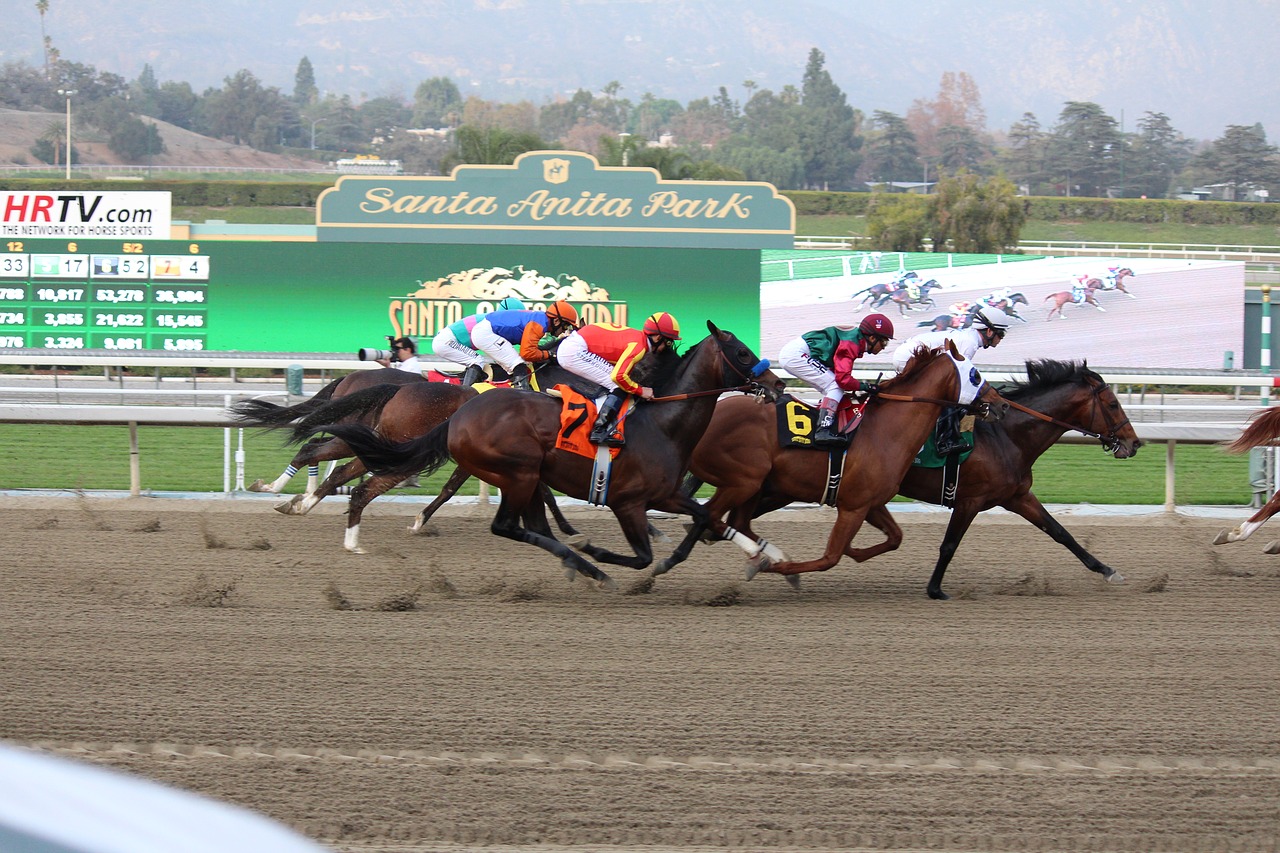The Finish Line
Our draft website is due next week. I have a formidable but not unattainable workload in front of me. I still need to write a reflective blog style post about my own opinion on this case and that opinion is still developing day by day. My initial search for information led me to a debate in The Enterprise that was one or two people against many. I initially  thought that the lack of supports of the ban meant that people must not agree with this “minority.” The more I reflected I realized that the “minority” had already won, why would they need to continue to argue their point? I also realized I was looking at this case with too much presentism. The challenge was presented in 1997 when the internet was less readily available and these people who challenged the book may have had the best intentions.
thought that the lack of supports of the ban meant that people must not agree with this “minority.” The more I reflected I realized that the “minority” had already won, why would they need to continue to argue their point? I also realized I was looking at this case with too much presentism. The challenge was presented in 1997 when the internet was less readily available and these people who challenged the book may have had the best intentions.
The opposition to the ban argue that this must have been racial motivated, but the people  in favor of the ban never bring up anything racial. They criticize the books usage of recreational drugs, necrophilia, and casual sex. The people who are against the ban criticize supporters of it for not reading the actual book, but Joie Brunger claims to have read the book and still thought it was “trash” The people who made decisions about the book did not actually read it and the scene regarding necrophilia, when taken out of context, would be troublesome to read.
in favor of the ban never bring up anything racial. They criticize the books usage of recreational drugs, necrophilia, and casual sex. The people who are against the ban criticize supporters of it for not reading the actual book, but Joie Brunger claims to have read the book and still thought it was “trash” The people who made decisions about the book did not actually read it and the scene regarding necrophilia, when taken out of context, would be troublesome to read.
While exploring 1997 and other nearby years I realized that racial tensions were boiling in St. Mary’s County as a whole. A black church was burned down, and the leader of the church believed it to be a hate crime, but the sheriff’s office and the local community said there was no evidence of any hatred. Most of the racial tension is speculated but other instances are more obvious. A group existed to advocate for victims of discriminatory actions in the work place or elsewhere. The county worked hard to force them to make public information that was taken in confidence because they did not have legal authority to keep client information confidential. The group almost had to shut down their efforts, but some legal work afforded them protections.
Political leaders frequently sighted opposition to their efforts as racism. A local park was being developed and opposition tried to shut it down for environmental concerns, but it was argued that they did not want more Asian fisherman or for black people to have access to the piers. Whether or not race motivated the removal of Song of Solomon from AP reading lists, people believed it did and that is important for the historical context of the area.
No Comments Yet